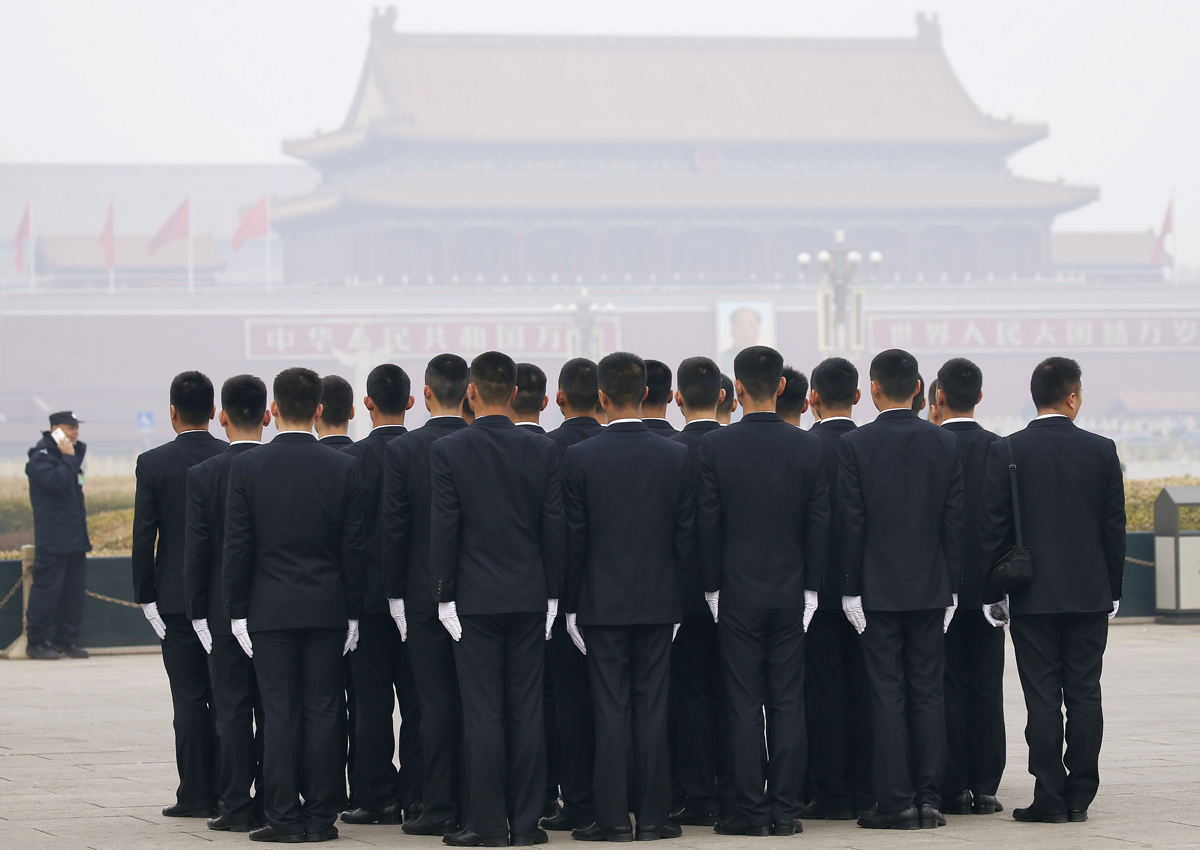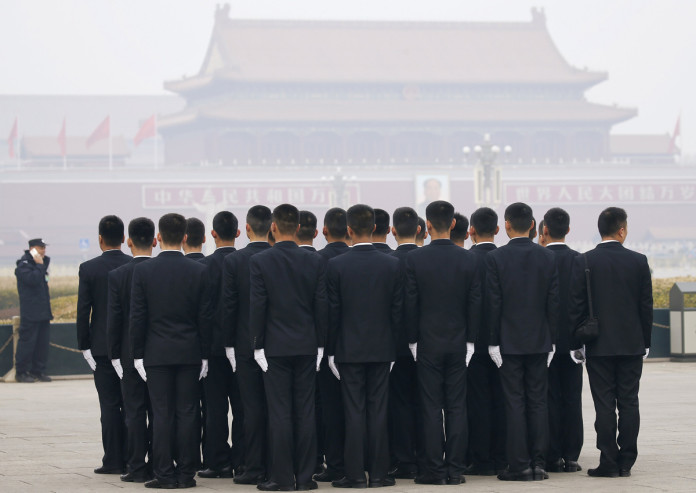BEIJING – China’s ruling Communist Party will widen a pilot anti-graft scheme to four more regions beyond the business hub of Shanghai as it seeks to rein in business activities by the families of senior government officials.
Rules announced last May bar spouses and children of senior officials in Shanghai from registering individual businesses or partnerships, investing in non-listed enterprises or registering a business overseas and doing business back in China.
Spouses of senior officials in Shanghai are also banned from holding top positions in private companies or senior appointed positions in foreign-invested enterprises.
Now four more regions, from Beijing, the capital, to south-western Chongqing, far western Xinjiang and southern Guangdong, will also join the scheme, state media said late on Monday (April 18), following a meeting overseen by President Xi Jinping.
The government will work to “strictly define business activities, make detailed rules and procedures to implement” the scheme, state news agency Xinhua said, adding that the rules would eventually become long-term and normal practice. It gave no further details.
Reports in Chinese and foreign media about families of officials who have leveraged relationships to enrich themselves have ignited public anger.
Officials have frequently faced criticism for the behaviour of family members. The party and government have ejected thousands of so-called “naked officials”, whose spouses and children have emigrated abroad.
China is in the midst of a massive crackdown on corruption overseen by Mr Xi, but the government has repeatedly had to rebuff criticism that the campaign is more about an internal power play than actually tackling graft.
The recent release of the so-called “Panama Papers” revealed offshore companies linked to the relatives of Mr Xi and other powerful current and former Chinese leaders.
The government has denounced as “groundless” accusations arising from the documents.
Separately, state media said officials found guilty of serious corruption and given life sentences would never be eligible for parole, a concession previously available, depending on their behaviour in jail. “For some defendants, the death penalty is too heavy and a suspended death sentence too light, so we made the new sentence after research and discussion,” senior judge Pei Xianding told the official China Daily.






